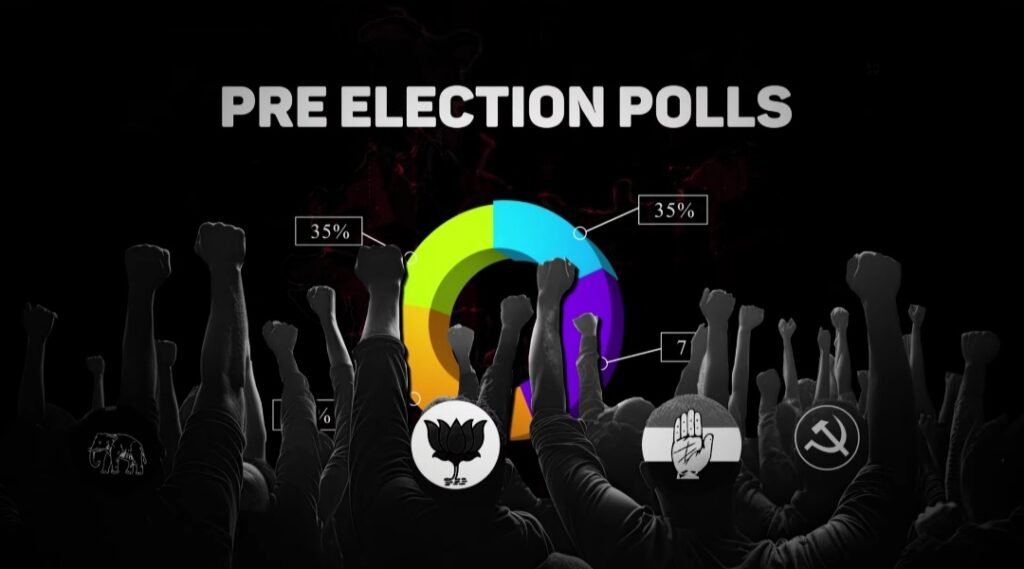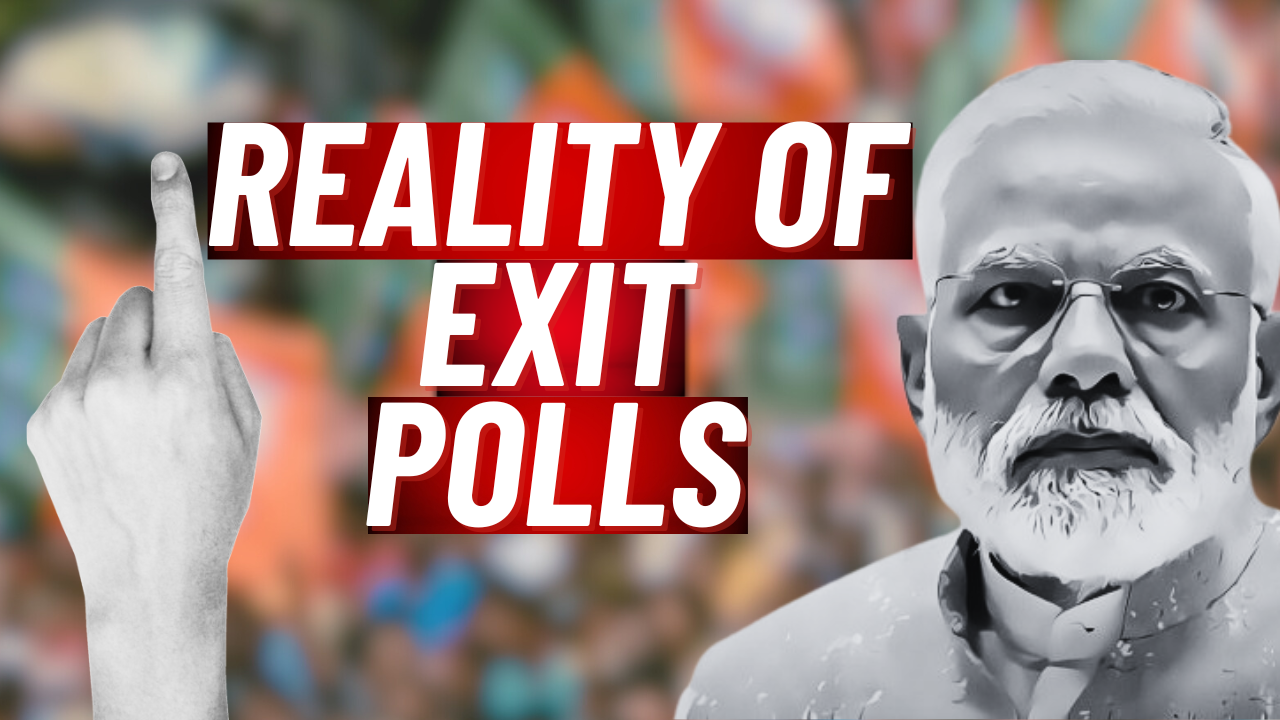In this article, we will investigate the dynamic world of electoral polls and surveys, revealing their enormous effect on democratic elections. From affecting public opinion and influencing voter behavior to the controversies about their accuracy, we will look at how these polls have a big impact on modern politics. Join us as we look at the Election Commission’s regulations, controversies, and important role in maintaining fair election processes in a constantly changing political campaign context.
Creating an Atmosphere
During elections, politicians and parties frequently claim victory in order to maintain the favorable “atmosphere,” which is intended to recruit undecided supporters and impact the mindsets of voters who are still deciding. This technique attempts to boost their base’s enthusiasm and confidence while potentially discouraging their opponents’ supporters.
Impact and Psychology
In electoral politics, influencing public psychology matters since it may influence voter perception and decision-making. When leaders and parties frequently demonstrate confidence, it not only encourages their followers but also has the ability to demoralize opponents’ supporters, impacting the election outcome.

Funding
Political campaigns depend heavily on large-scale money, which allows parties to perform substantial outreach and propaganda. Big businesses and investors actively give contributions to election frontrunners, frequently with the assumption that the victorious party would implement favorable policies or provide economic opportunities. This financial help not only aids campaign operations, but also impacts visibility and image building during the election season.

Rules of Exit Polls and Opinion Polls
Opinion Polls: Opinion polls conducted before the elections are important in modern democratic processes because they provide a picture of Public sentiments and preferences. They allow political parties, candidates, and analysts to test voter sentiment, evaluate the popularity of programs, and uncover critical concerns that may influence voter decisions. These polls guide strategic campaign preparation and assist parties in tailoring their messaging to address voter concerns and priorities by measuring the nation’s pulse before election day.

Exit Polls: Exit polls are performed immediately after voting, giving early insight into electoral outcomes before the official results are published. They want to capture voter behavior and patterns across demographics and regions, providing an early indicator of which parties or candidates will win in the elections.
Rules and Guidelines
In India, the regulations governing pre-election and exit polls are stringent to maintain the integrity of the electoral process. The Representation of the People’s Act, 1951, specifically Section 126A, mandates that exit polls cannot be conducted or disseminated until the final phase of voting concludes across all constituencies. This legal provision aims to prevent any premature influence on voters’ decisions and ensure a fair and unbiased election environment. Moreover, the Act imposes severe penalties, including imprisonment for up to two years or fines, or both, for anyone found violating these restrictions.
Importance and Use of Polls
Surveys and Data: Parties use considerable opinions and statistics in their political campaigns. This helps them identify which subjects are most popular with the public and can affect voting.
Use in Speeches: Leaders emphasize issues highlighted by surveys and data in their speeches, aiming to influence undecided voters.
Media and Public Opinion: Exit polls and opinion polls influence public opinion through media coverage. These polls can also give direction for election outcomes.
Controversies
Criticism and Allegations: Poll findings sometimes differ significantly from actual election results, prompting concerns about polls’ credibility. Some polling agencies have also been accused of manipulating data.
Fake Polls: Some polling agencies face accusations of producing fake polls for monetary gain, potentially misleading the public.

Role of Election Commission
The Election Commission of India oversees the implementation of guidelines that govern the timing and conduct of polls, including opinion and exit polls. By enforcing these regulations, the Election Commission upholds the integrity and transparency of elections, safeguarding the democratic rights of Indian citizens.
My Opinion:
Electoral polls and surveys play an important role in politics. When used appropriately, they could strengthen democracy. However, misuse has the potential to mislead the general population. Therefore, the rules and standards created by the Election Commission are critical to protecting a fair and transparent electoral process.
Special Thanks to Nitish Rajput


